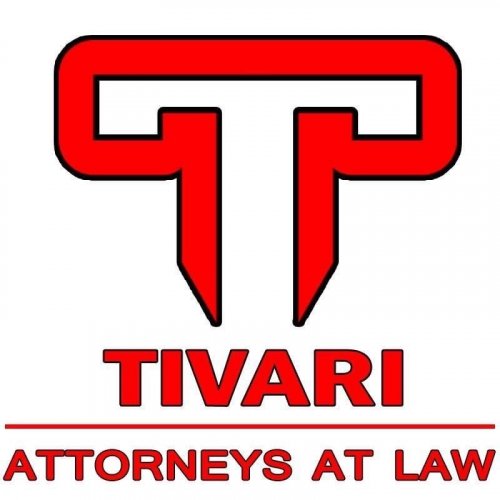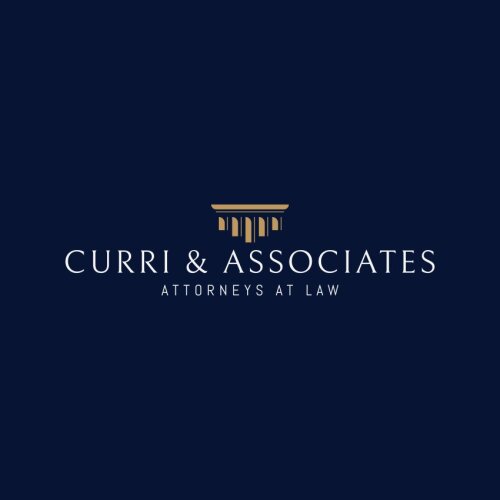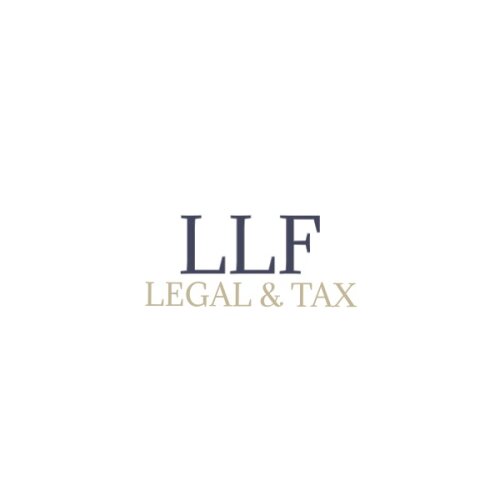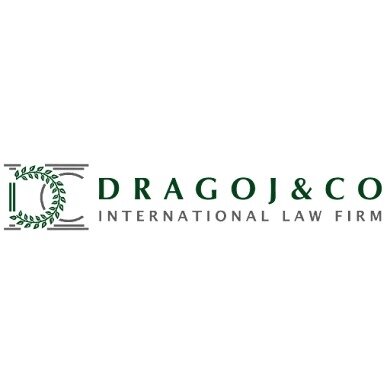Best Housing, Construction & Development Lawyers in Tirana
Share your needs with us, get contacted by law firms.
Free. Takes 2 min.
Free Guide to Hiring a Real Estate Lawyer
List of the best lawyers in Tirana, Albania
About Housing, Construction & Development Law in Tirana, Albania
Housing, Construction & Development law in Tirana, Albania, governs the regulations and legal framework related to residential and commercial properties, construction activities, and urban development projects within the city. These laws aim to ensure the proper planning, development, and maintenance of the built environment, protecting the rights of both property owners and tenants.
Why You May Need a Lawyer
Legal assistance may be necessary in various situations related to Housing, Construction & Development in Tirana. Some common scenarios where you may require a lawyer include:
- Issues with property ownership, titles, or transfers
- Breach of construction contracts
- Disputes with contractors, builders, or suppliers
- Zoning and land use conflicts
- Disputes with tenants or landlords
Local Laws Overview
When dealing with Housing, Construction & Development in Tirana, Albania, it is important to be familiar with the following key aspects of local laws:
- The Law on Urban Planning and Development
- The Law on Housing and Property Rights
- The Law on Construction and Building Permits
- The Law on Renting and Leasing Residential Properties
- The Law on Condominiums and Co-Ownership
Frequently Asked Questions
1. Can a landlord raise the rent without notice in Tirana, Albania?
No, according to the Law on Renting and Leasing Residential Properties, landlords must provide a minimum notice period of 60 days before any rent increase. Rent can only be raised once a year, and the increase must be reasonable and in line with market conditions.
2. Are there any restrictions on property ownership by foreign individuals in Tirana?
No, foreign individuals have the same rights as Albanian citizens when it comes to property ownership in Tirana, Albania. However, there may be certain restrictions on non-residential properties in strategic locations or near sensitive areas.
3. What permits are required for construction projects in Tirana?
Construction projects in Tirana require various permits, including a Building Permit, which is obtained from the Tirana Municipal Council. Additionally, you may need specific permits for excavation, demolition, electrical installations, etc. It is important to consult with a lawyer or the local authorities to ensure compliance with all necessary permits.
4. How can I resolve disputes with my contractor over incomplete or unsatisfactory work?
If you are facing issues with your contractor, it is recommended to first try and resolve the dispute through negotiation or mediation. If that fails, you may consider filing a legal claim in the relevant court or seeking assistance from the National Housing Inspectorate for construction-related disputes.
5. What are the penalties for violating zoning regulations in Tirana?
Violating zoning regulations in Tirana can result in penalties such as fines, suspension of construction activities, or even demolition of unauthorized structures. It is crucial to adhere to the approved plans and regulations to avoid legal consequences.
Additional Resources
If you need further assistance or information regarding Housing, Construction & Development in Tirana, Albania, the following resources may be helpful:
- Tirana Municipal Council - The official website of the municipality provides information on urban planning, zoning regulations, and local development projects.
- National Housing Inspectorate - This governmental body oversees construction-related matters and can assist with dispute resolution or provide guidance on legal requirements.
Next Steps
If you require legal assistance for your Housing, Construction & Development matters in Tirana, Albania, it is recommended to:
- Research and shortlist reputable law firms specializing in real estate and construction law.
- Contact the selected law firms to schedule initial consultations.
- Prepare relevant documents and information to discuss your case during the consultations.
- Evaluate the expertise, fees, and compatibility of the lawyers to make an informed decision.
- Select and engage the lawyer who best meets your needs and proceed according to their guidance.
Lawzana helps you find the best lawyers and law firms in Tirana through a curated and pre-screened list of qualified legal professionals. Our platform offers rankings and detailed profiles of attorneys and law firms, allowing you to compare based on practice areas, including Housing, Construction & Development, experience, and client feedback.
Each profile includes a description of the firm's areas of practice, client reviews, team members and partners, year of establishment, spoken languages, office locations, contact information, social media presence, and any published articles or resources. Most firms on our platform speak English and are experienced in both local and international legal matters.
Get a quote from top-rated law firms in Tirana, Albania — quickly, securely, and without unnecessary hassle.
Disclaimer:
The information provided on this page is for general informational purposes only and does not constitute legal advice. While we strive to ensure the accuracy and relevance of the content, legal information may change over time, and interpretations of the law can vary. You should always consult with a qualified legal professional for advice specific to your situation.
We disclaim all liability for actions taken or not taken based on the content of this page. If you believe any information is incorrect or outdated, please contact us, and we will review and update it where appropriate.

















